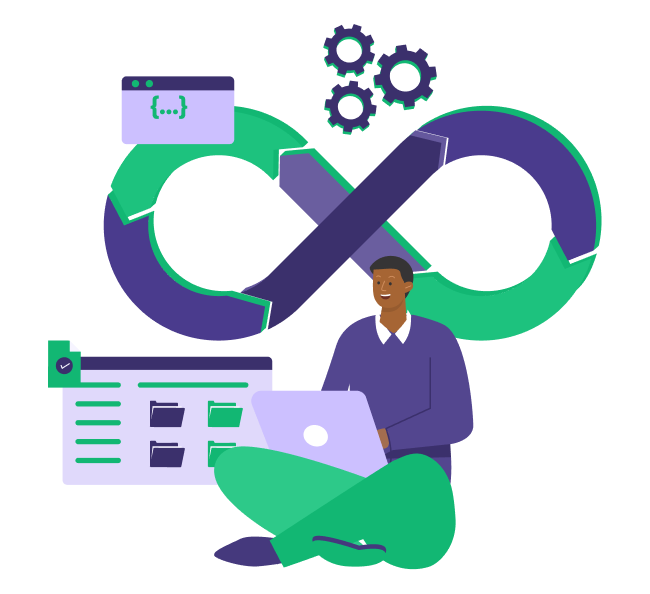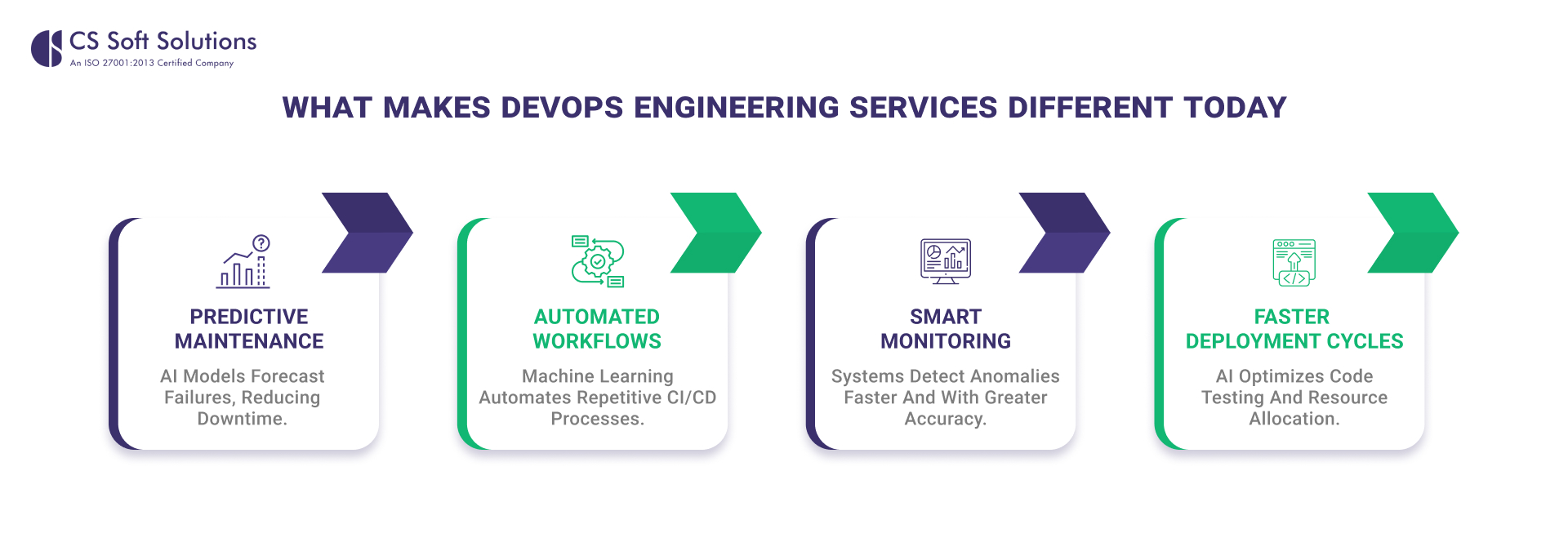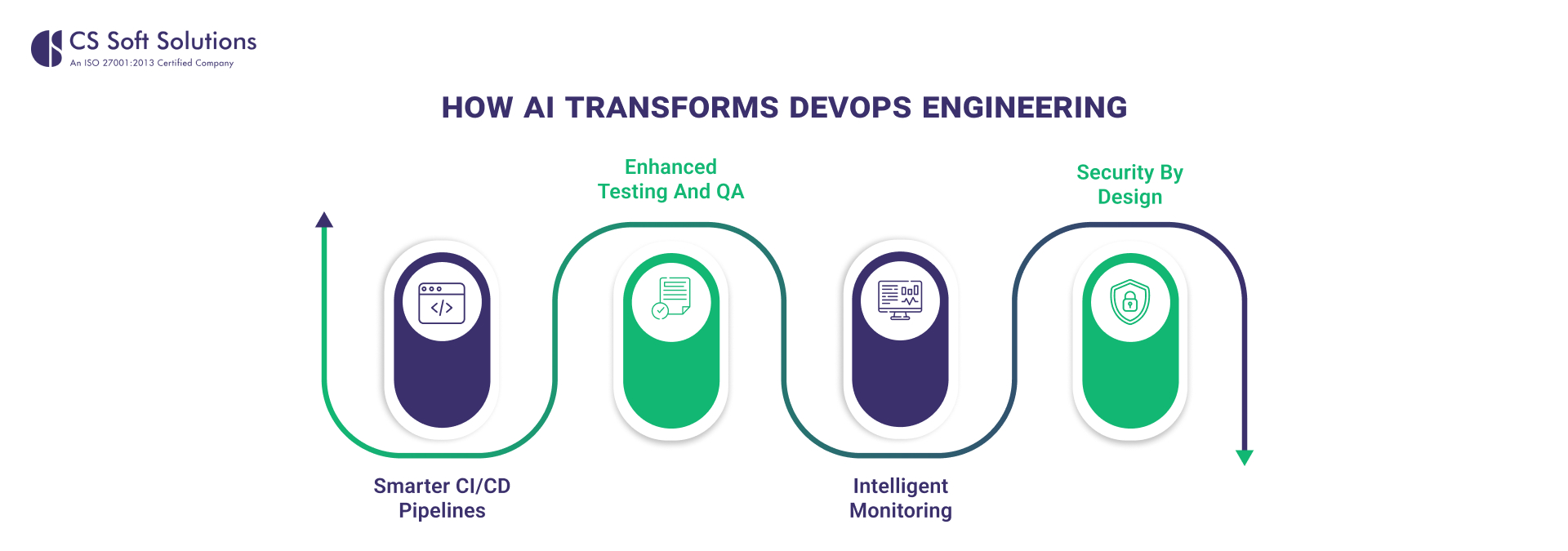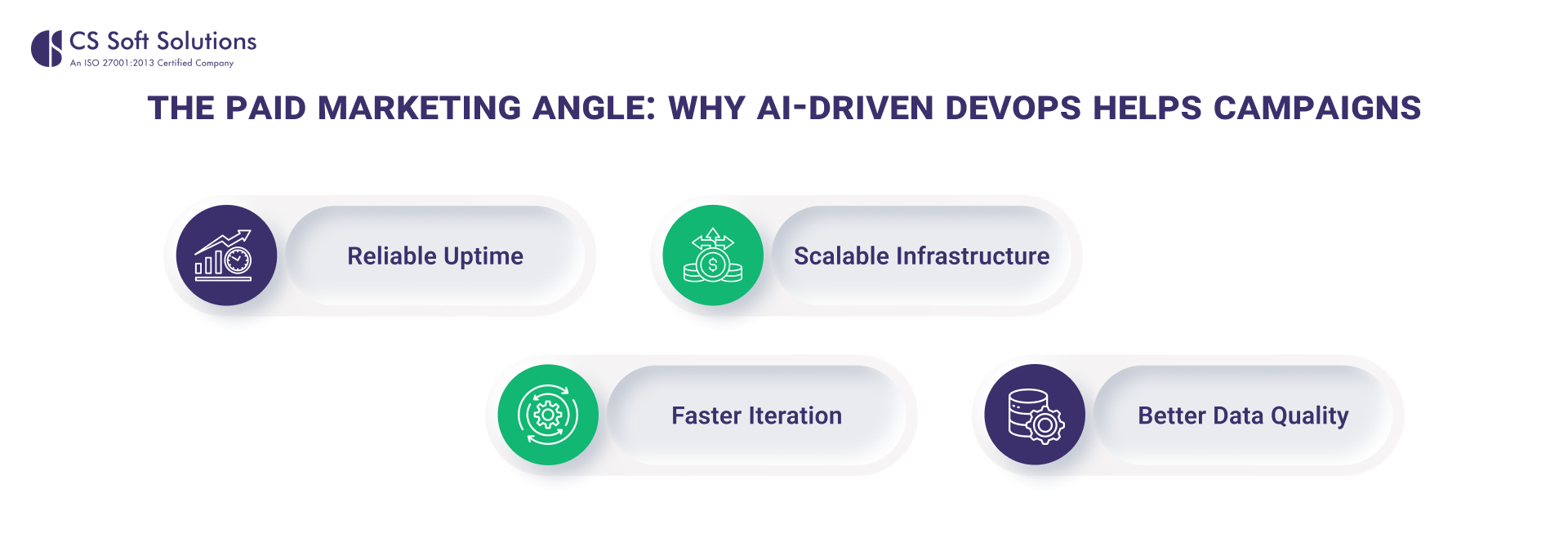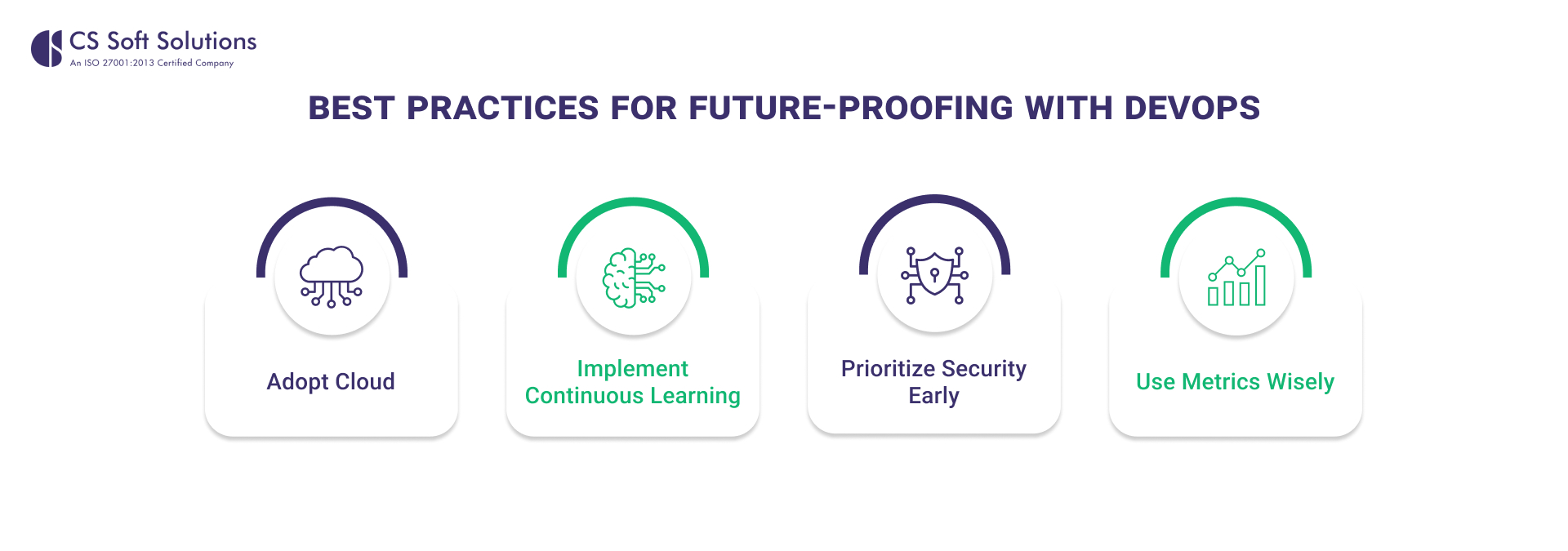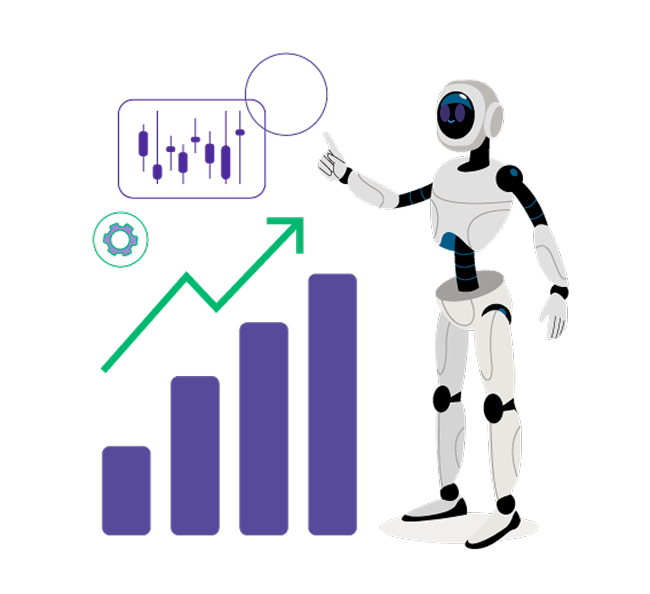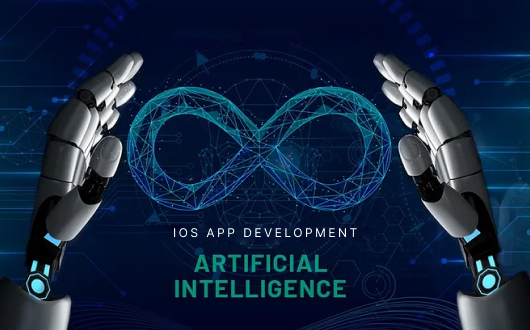
The response is almost certainly moving to AI-based DevOps engineering services. Combining machine learning with contemporary DevOps systems, companies are not merely making their workflows more efficient, but equipping their IT systems to adapt to a world in which flexibility is all that matters.
Why Future-Proofing IT Matters
The concept of future-proofing extends beyond taking a recent tool and ensuring that it is adopted; it is about creating a foundation that will allow the process to become more agile and flexible. Reliance on an outdated IT infrastructure is common in companies that:
- Deployment bottlenecks.
- Experience frequent unavailability or instability.
- Waste time and finance fixing systems rather than being creative.
When AI is added to DevOps engineering, the paradigm changes to more proactive optimization rather than the reactive approach to problems. Unlike reactive analytics, predictive analytics allows IT teams to foresee risks before they arise.
What Makes DevOps Engineering Services Different Today
Traditional DevOps has already improved collaboration between development and operations. But AI-powered DevOps engineering services elevate this partnership to an entirely new level.
Key differences include:
- Predictive Maintenance: AI models forecast failures, which directly reduces downtime.
- Automated Workflows: Machine learning quickly automates repetitive CI/CD processes.
- Smart Monitoring: Systems detect anomalies faster and with greater accuracy.
- Faster Deployment Cycles: AI optimizes code testing and resource allocation.
In essence, DevOps today is no longer just about efficiency; it’s about intelligence.
The Role of Custom Software Development Services
Every business operates differently. A logistics company may need real-time tracking software; a healthcare provider may need secure patient data management. That’s where custom software development services align with DevOps engineering.
Custom-built tools ensure that:
- The IT pipeline reflects business-specific requirements.
- Scalability is not constrained by pre-packaged solutions.
- AI models can be tailored for unique datasets and workflows.
When custom development meets DevOps, organizations gain a digital environment designed for long-term adaptability rather than short-term fixes.
How AI Transforms DevOps Engineering
The fusion of AI and DevOps engineering brings practical changes across every stage of development.
1. Smarter CI/CD Pipelines
Artificial intelligence (AI) identifies the optimal time to update without interfering with key systems. Automated pipes eliminate the human error aspect, and deployment is faster.
2. Enhanced Testing and QA
AI tools simulate thousands of real-world scenarios in minutes. Bugs and vulnerabilities are flagged earlier, reducing costly fixes later in the cycle.
3. Intelligent Monitoring
Anomaly detection powered by AI continuously scans infrastructure. It can recognize patterns signaling potential outages, ensuring teams resolve problems before they scale.
4. Security by Design
AI-assisted DevOps integrates security protocols from the start, not as an afterthought. This “DevSecOps” approach creates an ecosystem resistant to evolving cyber threats.
The Paid Marketing Angle: Why AI-Driven DevOps Helps Campaigns
You might wonder: how does this relate to marketing? Here’s the link: digital ads, campaign platforms, and analytics all run on IT systems. If the backend isn’t optimized, marketing dollars go to waste.
Drawing from insights on the Google Ads Learning Portal, here are ways DevOps engineering services support paid marketing strategies:
- Reliable Uptime: Ads rely on real-time bidding systems. Even a short server issue could disrupt campaigns. DevOps ensures uninterrupted delivery.
- Scalable Infrastructure: There will be traffic fluctuation from successful campaigns, but that won’t crash systems.
- Faster Iteration: Marketers always test creatives and landing pages quickly because all the deployments run smoothly.
- Better Data Quality: There will be proper AI-driven monitoring to protect against tracking errors that can skew ad performance analysis.
Simply put, your ad program can only be as good as the IT program behind it.
Practical Use Cases Across Industries
Future-proofing IT is not abstract; it’s already shaping industries.
- E-commerce: Automated scaling during peak shopping days avoids lost sales.
- Finance: Real-time fraud detection built into DevOps pipelines secures digital transactions.
- Healthcare: Custom software that runs on DevOps makes sure that it is compliant and handles large amounts of patient information.
- Manufacturing: Predictive analytics ensure machine uptime and streamline the supply chain.
Through every case, it can be seen that DevOps is stepping out of the IT departments and becoming a driver of business value.
Challenges and How to Overcome Them
Adopting DevOps engineering services is not without hurdles. Common challenges include:
- Cultural Resistance: The first challenge is where teams may struggle to adapt to new workflows.
- Integration with Legacy Systems: It is not that much easier to change older platforms to align smoothly with modern tools.
- Skill Gaps: AI-driven DevOps requires specialists who can manage machine learning models alongside operations.
Incremental adoption is the key to the solution. Begin with pilot projects and gradually automate, and accompany technical improvements with cultural change within the company.
Best Practices for Future-Proofing with DevOps
Here are some practical tips that can help in the DevOps adoption more effectively:
- Adopt Cloud-Native Approaches: Flexibility and Scalability are essential to long-term health in IT.
- Implement Continuous Learning: Teams ought to keep learning about the new AI tools.
- Prioritize Security Early: Easily add DevSecOps to all projects.
- Use Metrics Wisely: It is better to use metrics, including metrics as deployment frequency, failure rates, and system uptime.
These practices present not only as being in line with SEO-friendly discourses regarding DevOps engineering services but also provide readers with steps that they can take today.
The Future: The Future of AI and DevOps
With improvements in AI models, more automation, self-healing, and adaptive learning pipelines will be anticipated. DevOps eventually might transform into NoOps environments where human intervention is reduced to a minimum.
Companies that adopt AI-powered DevOps engineering and tailor service software development will now be in a position to spearhead this change rather than scramble to keep up with the times.
Conclusion
IT is not about responding to the future, but is about predicting. By using AI-enhanced DevOps engineering services, organizations develop resilient, adaptive, and intelligent systems that are prepared to meet future challenges. These solutions, in addition to expert software development services like CS Soft Solutions India Pvt. Ltd., match technology to unique business requirements, as well as support bigger strategies, from operational to marketing campaigns.
Lesson: Future-proofing IT is no longer an option. It forms the basis of innovation, stability, and growth of the AI-driven world.
Your Next Step:
Assess the way your present IT systems are potentially dragging you down. Can the efficiency and stability be unlocked by smarter pipelines or AI-driven monitoring or tailor-made solutions? Start small, but start today. Those businesses beginning to use AI-driven DevOps today will be the leaders that others follow tomorrow.




